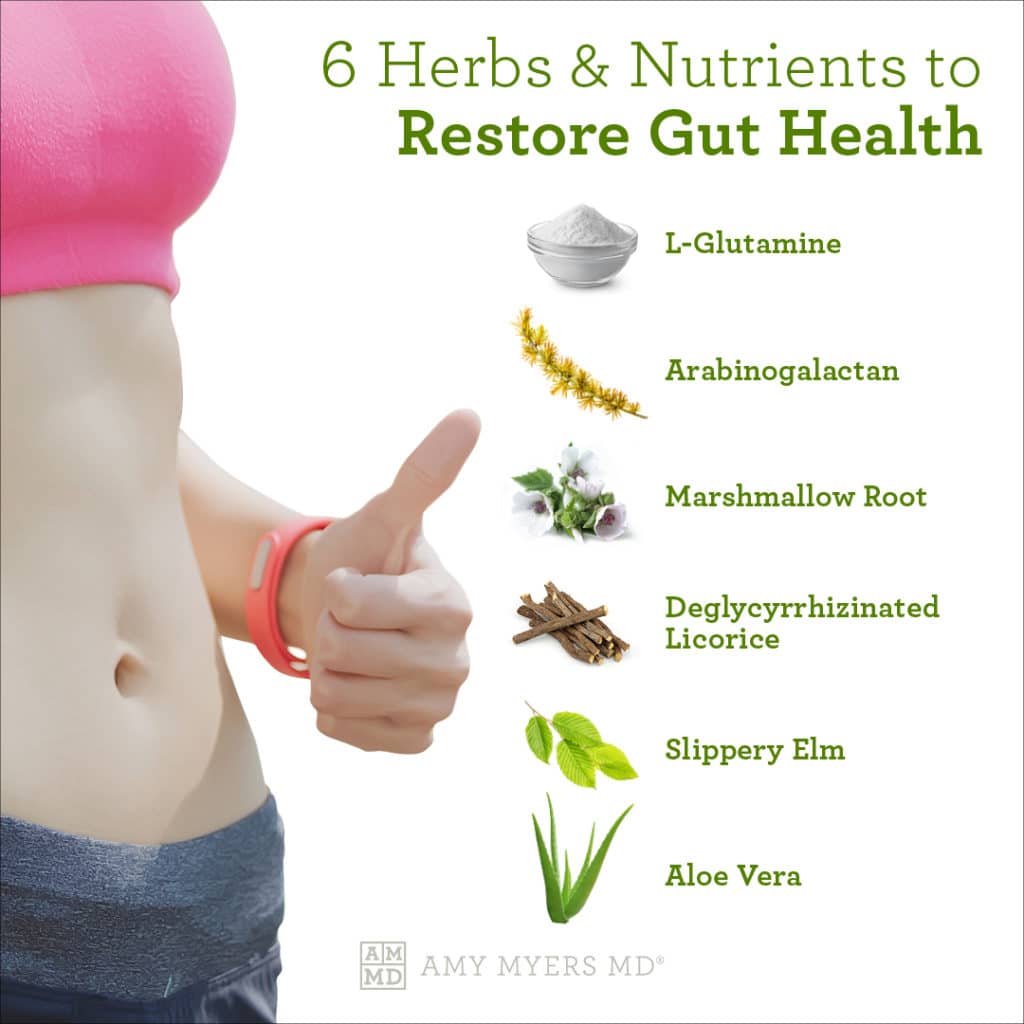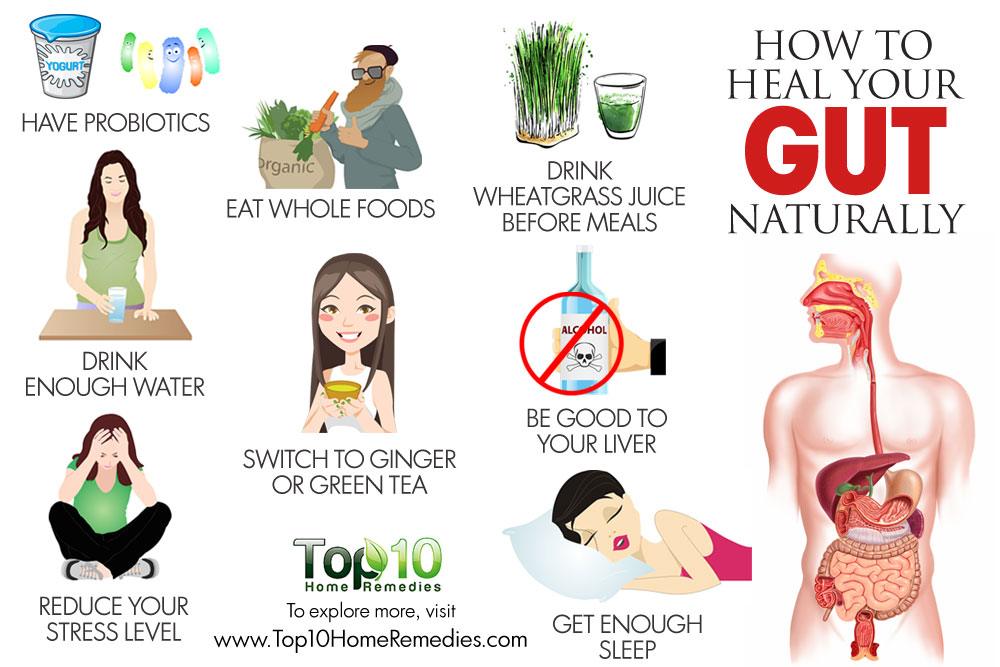How to Improve Gut Health Naturally: A Comprehensive Guide
Embark on a journey to discover the secrets of improving gut health naturally. From the importance of gut health to the impact of lifestyle habits and food choices, this guide will equip you with valuable insights to enhance your overall well-being.
Explore the factors affecting gut health, learn about gut-friendly foods, and uncover the benefits of supplements and remedies in this engaging narrative.
Importance of Gut Health

Maintaining good gut health is crucial for overall well-being as it plays a significant role in various bodily functions. A healthy gut not only aids in digestion but also impacts our immune system, mental health, and even skin conditions.
Connection between Gut Health and the Immune System
The gut is often referred to as the "second brain" due to its complex network of neurons and neurotransmitters. This intricate system communicates with the immune system, influencing its function and response to pathogens. A healthy gut lining prevents harmful substances from leaking into the bloodstream, ultimately reducing the risk of inflammation and autoimmune diseases.
Role of Gut Bacteria in Maintaining a Healthy Gut
The gut is home to trillions of bacteria, both beneficial and harmful. These bacteria help break down food, produce essential nutrients, and regulate the immune system. Imbalance in gut bacteria, known as dysbiosis, can lead to digestive issues, allergies, and other health problems.
Therefore, promoting the growth of good bacteria through a balanced diet rich in fiber and fermented foods is essential for maintaining a healthy gut.
Factors Affecting Gut Health
Maintaining a healthy gut is crucial for overall well-being. Several factors can impact gut health, leading to various digestive issues and health concerns. Understanding these factors is essential for taking steps to improve gut health.
Stress and Gut Health
Chronic stress can have a significant impact on gut health. When stress levels are high, the body releases hormones like cortisol, which can disrupt the balance of bacteria in the gut. This imbalance can lead to inflammation and digestive problems, affecting the overall health of the gut.
Diet and Gut Microbiome
The food we eat plays a vital role in maintaining a healthy gut microbiome. A diet high in processed foods, sugar, and unhealthy fats can negatively impact the diversity and balance of gut bacteria. On the other hand, a diet rich in fiber, fruits, vegetables, and fermented foods can promote a healthy gut microbiome.
These foods provide essential nutrients for the growth of beneficial bacteria, supporting digestion and overall gut health.
Foods for Gut Health

One of the key ways to improve gut health is through the foods we eat. Incorporating certain foods into our diet can help promote a healthy gut and overall well-being.
Probiotic-Rich Foods
Probiotic-rich foods contain beneficial bacteria that can help maintain a healthy balance of gut flora. Some examples of probiotic-rich foods include:
- Yogurt
- Kefir
- Sauerkraut
- Kombucha
These foods can help improve digestion, boost the immune system, and reduce inflammation in the gut.
Prebiotic Foods
Prebiotic foods are high in fiber and act as fuel for the good bacteria in our gut. Including prebiotic foods in our diet can help promote the growth of beneficial bacteria. Some examples of prebiotic foods include:
- Garlic
- Onions
- Bananas
- Asparagus
By incorporating prebiotic foods into our diet, we can support the health and diversity of our gut microbiome.
Lifestyle Habits for Gut Health
Regular exercise, stress management, and adequate hydration are crucial lifestyle habits that contribute to improving gut health.
Exercise and Gut Health
Regular physical activity has a positive impact on gut health by promoting diversity in the gut microbiome. Exercise helps to increase the number of beneficial bacteria in the gut, which can improve digestion and overall gut function.
- Aim for at least 30 minutes of moderate exercise most days of the week.
- Include a variety of activities such as cardio, strength training, and flexibility exercises.
- Stay active throughout the day by taking short breaks to move around if you have a sedentary job.
- Find activities you enjoy to make exercise a sustainable habit.
Managing Stress for Gut Health
Chronic stress can negatively impact gut health by disrupting the balance of gut bacteria and increasing inflammation. Managing stress through relaxation techniques and lifestyle changes can help improve gut health.
- Practice mindfulness, meditation, or deep breathing exercises to reduce stress levels.
- Engage in activities you find relaxing, such as yoga, reading, or spending time in nature.
- Ensure you prioritize self-care and set boundaries to prevent burnout.
- Seek support from friends, family, or a mental health professional if stress becomes overwhelming.
Impact of Hydration on Gut Health
Proper hydration is essential for maintaining a healthy gut as it helps with digestion, nutrient absorption, and the overall function of the gastrointestinal tract. Dehydration can lead to constipation and other gut issues.
- Drink an adequate amount of water throughout the day to stay hydrated.
- Avoid excessive consumption of sugary drinks, caffeine, or alcohol, which can dehydrate the body.
- Include hydrating foods in your diet such as fruits, vegetables, and soups.
- Pay attention to your body's thirst signals and drink water whenever you feel thirsty.
Supplements and Remedies

When it comes to improving gut health naturally, incorporating supplements and remedies can play a significant role in supporting digestive function and overall well-being.
Natural Supplements for Gut Health
- Probiotics: These beneficial bacteria help maintain a healthy balance in the gut microbiome, supporting digestion and immune function.
- Prebiotics: These non-digestible fibers help feed the good bacteria in your gut, promoting a healthy environment for optimal digestion.
- Glutamine: An amino acid that supports the integrity of the intestinal lining, reducing inflammation and enhancing gut health.
Benefits of Fermented Foods
- Fermented foods like yogurt, kefir, sauerkraut, and kimchi contain probiotics that can help replenish and diversify the gut microbiome.
- These foods also support digestion, reduce inflammation, and improve nutrient absorption in the gut.
- Incorporating fermented foods into your diet can promote a healthy gut environment and enhance overall well-being.
Role of Digestive Enzymes
Digestive enzymes play a crucial role in breaking down food into smaller, absorbable molecules that can be utilized by the body.
These enzymes help improve nutrient absorption, reduce digestive discomfort, and support overall gut health.
Incorporating digestive enzyme supplements or consuming enzyme-rich foods like pineapple and papaya can aid in improving digestion and enhancing gut function.
Last Point
In conclusion, prioritizing your gut health through natural methods can lead to a stronger immune system, improved digestion, and overall better health. Implementing the tips and strategies Artikeld here can pave the way for a healthier gut and a happier you.
Common Queries
What role does gut bacteria play in maintaining a healthy gut?
Gut bacteria help in digestion, nutrient absorption, and even play a role in supporting the immune system.
How can stress impact gut health?
Stress can disrupt the balance of gut bacteria and lead to digestive issues like bloating and discomfort.
What are some natural supplements that can support gut health?
Probiotics, digestive enzymes, and fermented foods are some natural supplements that can promote gut health.




